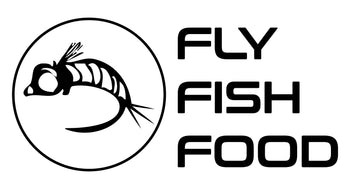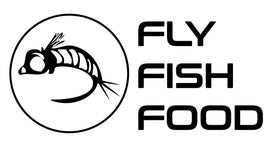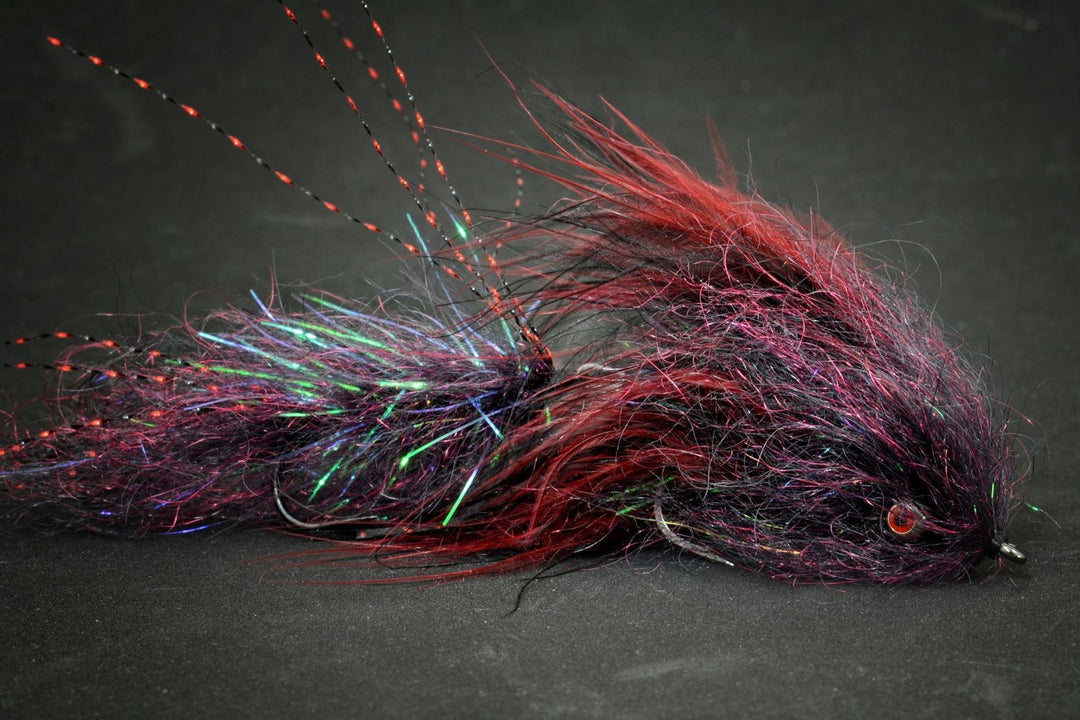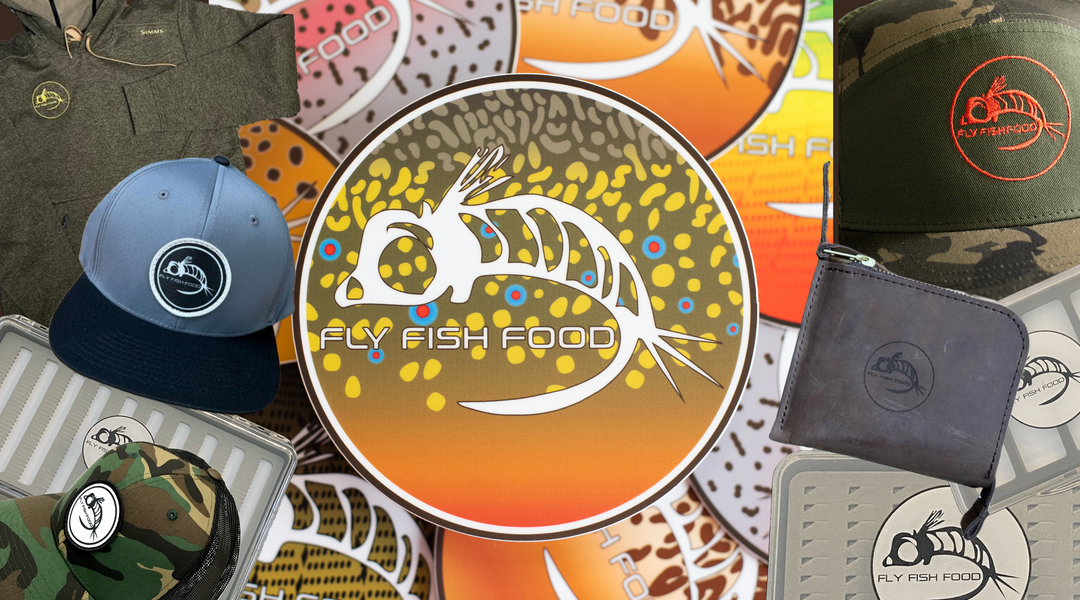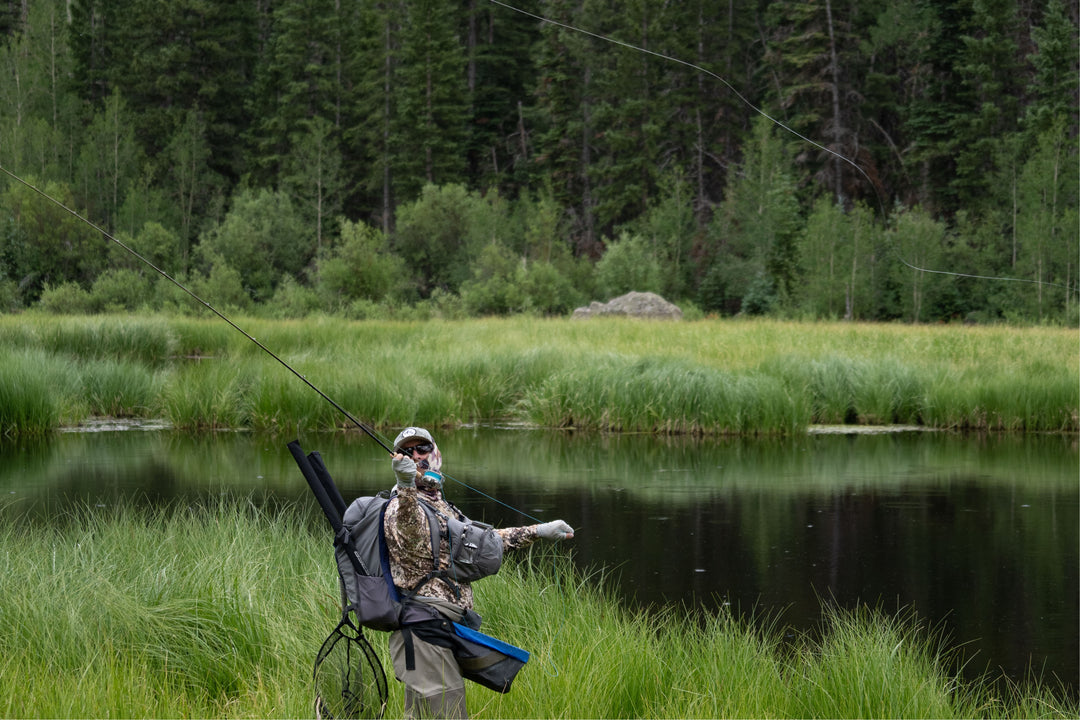Colorado River Fly Fishing Report - January 1/18/2026
COLORADO RIVER - COLORADO FLY FISHING REPORT
Upper → Middle → Lower — Winter pattern, focus on nymphs & midges
Report Date: January 18, 2026 | Next Update: January 25, 2026
Current River Conditions
Winter pattern holding: low-to-moderate flows, water mostly open with ice on edges upstream and best trout activity during mid-day warm pockets. Expect the most consistent action with nymph rigs and small, precise presentations.
Flows & Clarity
Flow Status: Low–Moderate (most gauges in the Upper Colorado showing roughly ~1,000–1,200 cfs range at recent readings near Kremmling)
Water Clarity: Clear to lightly stained — excellent visibility in most runs and inside-bends
Flow Status: Low–Moderate (most gauges in the Upper Colorado showing roughly ~1,000–1,200 cfs range at recent readings near Kremmling)
Water Clarity: Clear to lightly stained — excellent visibility in most runs and inside-bends
Water Temperature
Typical range: low to mid 30s °F (around 0–4°C) through most reaches
Where to be careful: cold, slow water will hold trout tight to seams — keep presentations subtle
Typical range: low to mid 30s °F (around 0–4°C) through most reaches
Where to be careful: cold, slow water will hold trout tight to seams — keep presentations subtle
Weather & Access
Forecast: Cold mornings, milder midday windows (sunny spells can open short dry-fly opportunities)
Access: Most public pullouts open; look for edge ice upstream (radiused banks) — bring studs and a wading staff
Forecast: Cold mornings, milder midday windows (sunny spells can open short dry-fly opportunities)
Access: Most public pullouts open; look for edge ice upstream (radiused banks) — bring studs and a wading staff
Best Sections Right Now
Upper (Kremmling → Radium): Technical winter nymphing in deep bends
Middle (Glenwood → Dotsero): Deeper seams and pocket water; steady holding fish
Lower (Grand Junction downstream): Slower, slightly warmer edges with scud/leeches present
Upper (Kremmling → Radium): Technical winter nymphing in deep bends
Middle (Glenwood → Dotsero): Deeper seams and pocket water; steady holding fish
Lower (Grand Junction downstream): Slower, slightly warmer edges with scud/leeches present
What the Fish Are Eating (Hatch & Food Notes)
| Food | Size | Where/When |
|---|---|---|
| Midges (all life stages) | #18–24 (larvae/pupa/emerger); #20–24 adults | Primary winter food across all sections — steady daylong activity in slow runs |
| Baetis (small mayflies) | #18–22 | Light, on the warmest, sunlit mid-days — look for selective rises |
| Scuds & Aquatic Worms | #12–16 | Edges and soft runs downstream — indicator rigs excel |
| Leeches & Small Baitfish | #8–14 | Deeper troughs and undercut banks — effective on slow retrieves or balanced/streamer presentations |
Recommended Flies — Winter Colorado River
Below are patterns selected to match what the river is producing now. Each list contains proven, shop-stock patterns you can buy and fish right away.
Dry Flies & Emergers (use during sunny mid-days and brief baetis windows)
- Parachute — Blue Wing Olive — crisp parachute presentation for selective baetis or midge-eating trout.
- Stealth Link Mercer — PMD — great emerger/dry profile for midday mayfly activity.
- Parachute — March Brown — reliable for larger mayfly windows and calm slicks.
- Harrop's CDC Parachute Spinner — BWO — small, highly visible spinner and adult patterns for picky trout.
Nymphs (primary play for January — precision and weight are key)
- Egan's Thread Frenchie Jig — Olive — excellent jig nymph for tight seams and euro-style work.
- Egan's Frenchie — a dependable beadhead nymph that fishes well as a trailer or indicator fly.
- Roza's World Spain Perdigon — Barbless — slim, fast-sinking perdigon for deep runs and picky trout.
- Pheasant Tail — Tungsten — classic, versatile mayfly nymph for shallow and deep rigs alike.
Streamers & Baitfish Imitations (use in deep runs, structure, and low-visibility water)
- Egan's Poacher — Olive — compact, articulate streamer for searching deeper seams and drop-offs.
- Egan's Poacher — Black — darker profile for low-light or stained water streamer work.
- Coffey's CH Sparkle Minnow — Sculpin — go-to sculpin imitation for aggressive strikes near structure.
- Sculpzilla — Olive — larger sculpin/baitfish profile that fishes well on short strips and slow pulses.
Midges & Chironomids (the steady winter workhorse)
- Black Zebra Midge (TBH) — dead-simple, effective midge larva/dropper option for indicator rigs.
- Top Secret Midge — small, realistic adult/pupa choice when fish key on midges.
- Jujubee Midge Flash — Zebra — a flash-backed midge for stubborn trout in clear winter water.
- Tungsten Zebra Midge — Thin Black — tungsten-bead variant for fast-sinking, precise presentations.
Tactics & Winter Strategies
Practical, fishable steps for the coming week:
- Rigging: Euro-style or jig-nymph with tungsten and short droppers for deep runs; indicator rigs with a heavier point fly and small midge/dropper behind for soft edges.
- Leader & Tippet: 9–12' leaders, 4–6X tippet on droppers for midge/baetis; 3–4X for streamers and bigger nymphs.
- Best Times: Midday warm windows (11:00–15:00) are the most productive for active trout; cold mornings and evenings see slower, deeper holding fish.
- Nymphing Tips: Fish tight to seams, inside-bends and pocket water. Shorten your drift, watch for subtle pauses; a single good strike often follows a long, accurate drift.
- Streamer Tactics: Slow strips and short pauses near structure; fish an articulated or weighted streamer across deep runs and just above the bottom profile.
- Safety: Expect slick approaches and icy margins. Use studs or felt-free cleats, bring a wading staff, and wear layered, waterproof clothing — river temperatures are hypothermia-risk level.
Quick Rig Examples
Upper Freestone Nymph Rig
9' fluorocarbon leader → tungsten nymph (perdigon or Frenchie) → 12–18" dropper → small midge (#20–24). Long, tight drifts through troughs and inside-bends.
9' fluorocarbon leader → tungsten nymph (perdigon or Frenchie) → 12–18" dropper → small midge (#20–24). Long, tight drifts through troughs and inside-bends.
Lower Soft-Edge Indicator Rig
Small foam or yarn indicator → #12 scud or sowbug as anchor → 24" dropper → small midge/pheasant tail — dead-drift seams and shallow shelves.
Small foam or yarn indicator → #12 scud or sowbug as anchor → 24" dropper → small midge/pheasant tail — dead-drift seams and shallow shelves.
Where to Focus This Week
- Upper Colorado (Kremmling area): concentrate on deep inside-bends and pocket seams — long, precise euro nymphing lines will win.
- Middle canyon reaches: fish the seams and mid-channel troughs on sunny days; try a short streamer swing where banks have structure.
- Lower reaches (approaching Grand Junction): check soft edges and slow glides for scud/leeches — larger, balanced jig nymphs and leech-style streamers produce.
